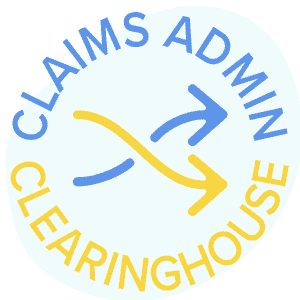DWC 2018 Drug Formulary Webinar Transcript Available

Last month, Division of Workers’ Compensation (DWC) hosted a detailed live webinar on the newly effective drug formulary. For those who could not attend the webinar, the DWC recently made available a full transcript, accessible from the DWC website.
The drug formulary is effective as of January 1, 2018.
In December, California’s Office of Administrative Law gave the final approval to the evidence-based drug formulary. The formulary, along with guidelines for the listed drugs’ application, is now part of California’s Medical Treatment Utilization Schedule (MTUS).
Providers must obtain authorization in order to dispense drugs not listed “exempt” under the formulary. The DWC specifically requires utilization review for designated “non-exempt” drugs, as well as for any drugs not included in the list. Certain exceptions (such as short-term drug supplies dispensed at the time of an injury) apply.
In our December blog post, we discussed the concerns of those providers and provider advocates who worry that the transition to a formulary may be too abrupt. Having already delayed implementation of the formulary by six months, the DWC decided to proceed with implementation this month despite revisions made as recently as September.
Providers now have until April to create plans by which they can wean patients off non-exempt drugs, or to provide official justification for their continued use.
While the full video recording of the DWC webinar is not yet available, interested parties can download the transcript on this page under “Resources.” We’ll keep readers up to date on any further news regarding the formulary, as the effort to put it into practice gets underway.
Need a fast, reliable way to get authorization? daisyBill has you covered. Our Billing Software makes RFA’s a snap, with quickly generated, compliant requests for authorization, and our exclusive RFA tracker which alerts you when a response is due. Schedule a free demonstration for your office.
REQUEST DEMO
DaisyBill provides content as an insightful service to its readers and clients. It does not offer legal advice and cannot guarantee the accuracy or suitability of its content for a particular purpose.

.gif)
.gif)
